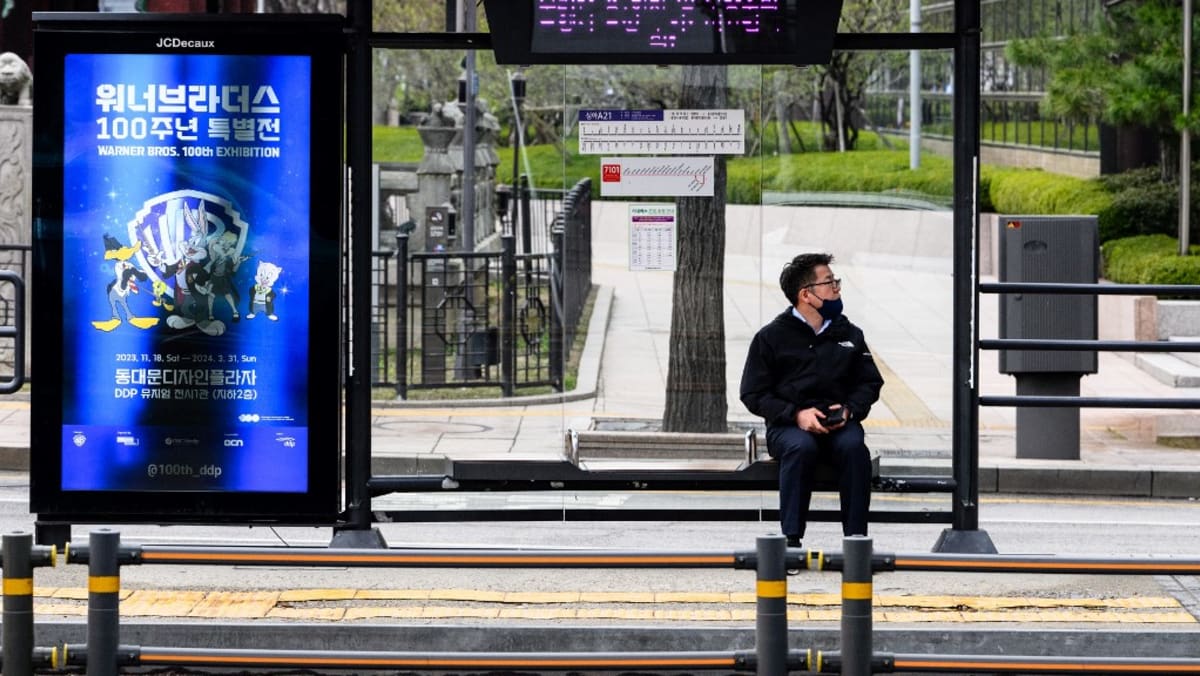Commuters in Seoul were left bewildered on Thursday morning, with some not being aware of the strike after the talks broke down before dawn.
“I was puzzled because there were no bus schedules on the bus station screens, commuter Cho Min-sang told the Yonhap news agency.
Yoo Jae-yeon, a 37-year-old AI industry researcher, told AFP she had switched to working from home Thursday after learning of the strike, but said she supported it.
“I am willing to take some inconvenience that could incur from the labour-management negotiations,” she said.
Buses in Seoul are operated on a quasi-public system in which private companies manage the buses while it is heavily subsidised and regulated by Seoul’s city government to ensure accessibility of services.
“We’ll make an all-out effort to smoothly reach an agreement between the union and the management soon,” Yoon Jong-jang, a head of the Transportation Planning Bureau at the Seoul Metropolitan Government, said in a statement.
Seoul Mayor Oh Se-hoon pleaded for a swift compromise. “City buses are the legs of the citizens; their livelihood and daily lives literally depend on them,” he said.







